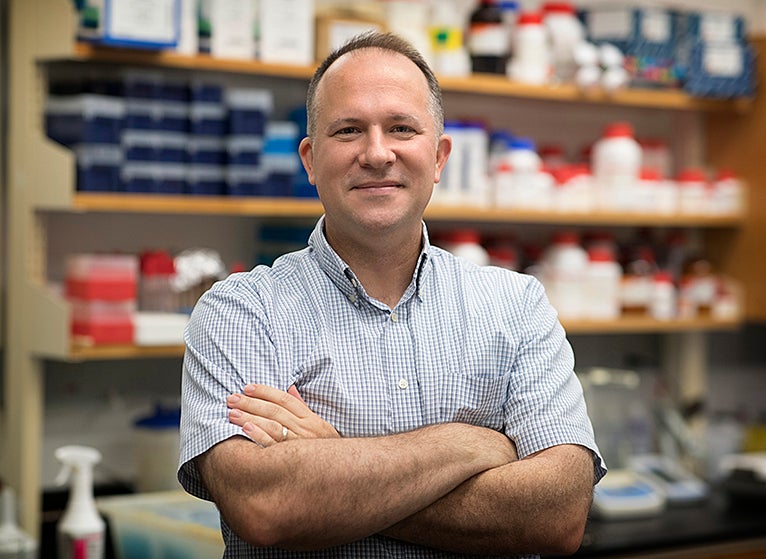6/17/2025
Systems analysis has become a requirement for making sense of high-throughput data and for characterizing properties of biological networks. In order to extend these recent developments to medical applications, there…
2/9/2026
6/17/2025
My laboratory studies how nuclear transport and signal transduction control the compartmentalization and activity of transcription factors, particularly in the context of prostate cancer. A major focus of these studies…
6/17/2025
The Important Role of the Microcirculation: Every organ in the body is dependent on blood flow to provide the necessary oxygen and nutrients in order to stay alive. The circulatory system…
6/17/2025
William A. Petri, Jr., M.D., Ph.D. studies immunology and molecular pathogenesis of infectious diseases and their consequences. The scope of research includes immunopathogenesis and vaccine development for COVID-19, molecular parasitology…
6/17/2025
The Purow laboratory is dedicated to developing innovative approaches to treating not only brain tumors but cancer as a whole. We have focused now and in recent years on the following…
6/17/2025
Humans are colonized with trillions of microorganisms, collectively termed the microbiota. Aside from providing a first line of defense to invading pathogens or aiding in digestion and metabolism, commensal microbes…
2/9/2026
6/17/2025
The long-term goal of our research is to identify and produce novel therapeutic agents, which have the potential of translation from bench to bedside. Our major interest lies in autoimmune…








